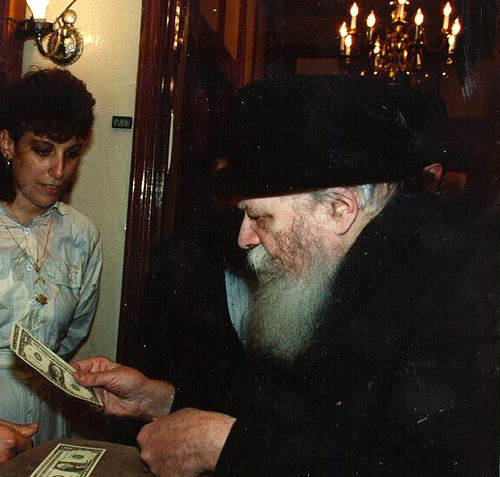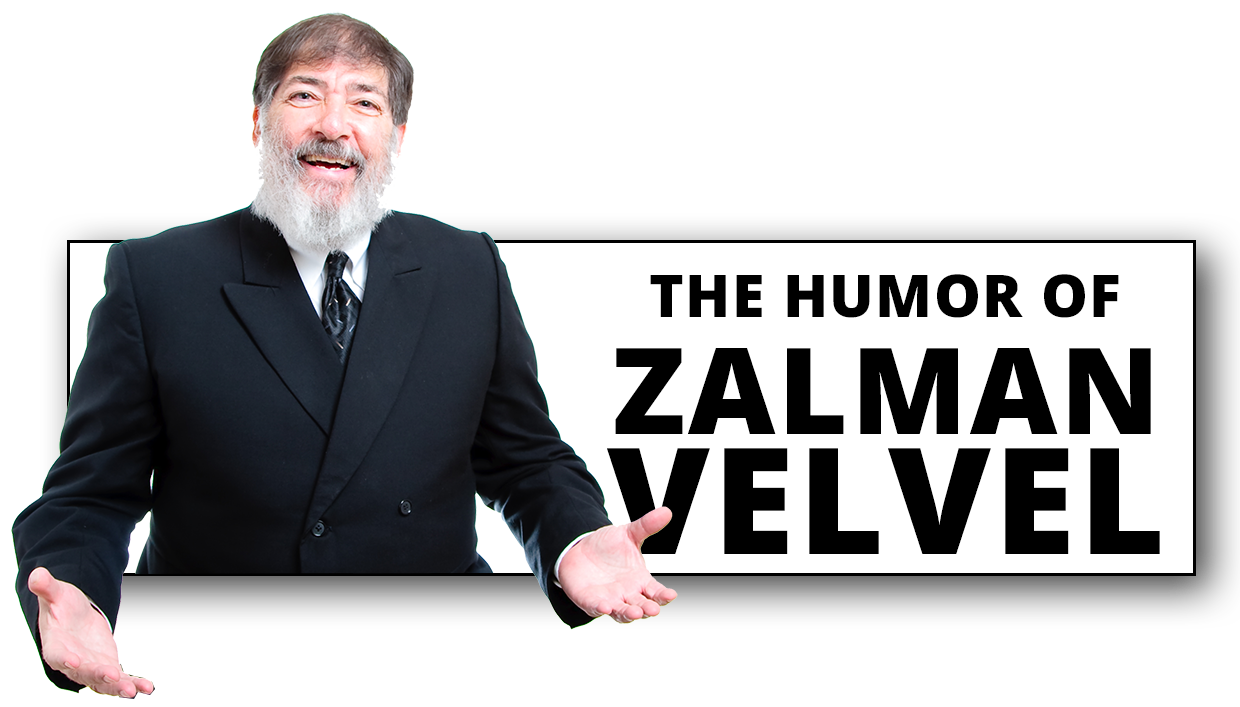The Kabbalah Kronicles 20 – Mr. Know-It-All
By
Uncle Zally, Zalman Velvel
_____________________________________
 When you are a writer, and you cherish the Word, if you are blessed, a Reader comes along that cherishes your Words.
When you are a writer, and you cherish the Word, if you are blessed, a Reader comes along that cherishes your Words.When your writing is going well, and the results are fruitful, sometimes you take your Reader for granted, as we often do with loved ones. But when the writing is difficult, and the harvest poor, the Reader is once again elevated to a blessing, and he sustains those of us in love with the Word, as we put Words together to create a Story.
The Story is the center of human life, and it will always be created with the Word, just like God created the world with Words. God said, “Let there be light, and there was light, and it was Good … etc.” From the very beginning the Word was Holy, though not used often enough for that purpose when borrowed by Man, yours truly included.
The Reader of Words is becoming rare. Because of the Internet, computers and smartphones, we now live in a world where people prefer to be a Listener, who cherishes sounds, or a Watcher, who cherishes pictures, or a Viewer who cherishes sound and pictures, known as video.
 That brings me to a special Reader, Joseph, or simply, Joe. Knowing he is there makes my struggle with the Word easier.
That brings me to a special Reader, Joseph, or simply, Joe. Knowing he is there makes my struggle with the Word easier.Joe is not his real name. He allowed me to use the Words we shared, but swore me to secrecy about his identity. It is not an unusual request. I find that when I share my writing, perhaps one of my stories, with friends, they spend an inordinate amount of time trying to figure out who the characters are “in real life,” and not enough time on the Words and the Story themselves.
Now a writer, when introducing a character, should give a detailed physical description, so the Reader can conjure him up in his imagination. However, the oath I swore to Joe constrains me to three meager details: Joe is middle aged, thin, with wispy hair.
Joe lives in a far off Holy Land called Israel, where not enough people are Holy, but the ones that are … make all the difference. Joe travels to America twice a year, and he speaks in front of groups, or visits wealthy individuals, to collect money for a school in the Holy Land. This school is attended by young men that have completed military service, and now spend half their academic day studying God and His Laws, and the other half, on how to make a living among Men and their laws.
Joe visits me during his travels in America, and we have a tradition of sitting around my pool, in the moonlight, sipping vodka and speaking of things that matter. As Joe collects for his charity, he sees the best, and worst, in people’s characters, subjects I find very interesting.
However, what I am going to write about now has nothing to do with collecting money, but about a miracle that Joe experienced.
 When Joe was first married, he and his wife had a difficult time conceiving a child, a common problem. Three years had passed, and still they were not blessed. Joe traveled to Crown Heights in Brooklyn, New York, on a Sunday, and stood in line with hundreds of others, waiting to see a religious leader and Holy man, the Lubavitcher Rebbe, Menachem Mendel Shneerson. The Rebbe answered questions from the people waiting in line, and then handed them a dollar bill, to give out as charity around the world.
When Joe was first married, he and his wife had a difficult time conceiving a child, a common problem. Three years had passed, and still they were not blessed. Joe traveled to Crown Heights in Brooklyn, New York, on a Sunday, and stood in line with hundreds of others, waiting to see a religious leader and Holy man, the Lubavitcher Rebbe, Menachem Mendel Shneerson. The Rebbe answered questions from the people waiting in line, and then handed them a dollar bill, to give out as charity around the world. Joe stood on line for hours. When he finally was in front of the Rebbe, he asked for a blessing to have children.
The Rebbe smiled at him, and then handed him two dollars, instead of only one. Their meeting lasted less than a minute.
 Ten months later, Joe and his wife were blessed with a baby boy. Sometime after that, a baby girl followed.
Ten months later, Joe and his wife were blessed with a baby boy. Sometime after that, a baby girl followed.This led me to ask Joe a series of questions which I will limit here to three:
1- Did God know Joe wanted children before he visited the Rebbe?
2- If Joe did not visit the Rebbe, would he had have children anyway?
3- If it was a miracle, does that mean God did not know Joe wanted children, or He forgot and needed the Rebbe to remind Him?
In other words, is God really a Know-It-All … or not?
In the case of the first question, God is often described by Man as being omniscient (all knowing) and all powerful. However, there is no allusion I have found in our Bible where God refers to Himself as all-knowing. There are myriads of times in Holy writings where Man refers to God that way, but no place I have seen where God states it about himself.
Is it possible that Man, in order to worship God, needs to make Him perfect and all knowing, whereas God knows Himself to be otherwise?
There are times in our Bible where God changed His mind because of something Abraham, Jacob, or Moses said. Doesn’t the changing of one’s mind indicate that one is not all knowing?
 As for my second question, whether or not it was possible for Joe and his wife to have children without the blessing of the Rebbe, that is probably something we will never know, because it would be extremely difficult to prove now.
As for my second question, whether or not it was possible for Joe and his wife to have children without the blessing of the Rebbe, that is probably something we will never know, because it would be extremely difficult to prove now.Last, if indeed the Rebbe’s blessing resulted in a miracle for Joe and his wife, then such a thing would certainly raise the Rebbe’s standing among men. However, would it not also lessen God’s standing among those same men, demonstrating that an all-powerful and all-knowing God sometimes has to depend on his Creations for advice on how to act?
Those are enough questions for this simple blog on Kabbalah.
Before I conclude, let me state this, lest you all think me a pagan heathen:
 I find the creations of God absolutely indescribable in their beauty, and complexity. When I meditate on the how there is a being we call God who first thought of the things that populate this world, and then made them, and how they continue to intertwine with each other without the whole system destroying itself, I stand in awe … I worship only One God, and He fills me with awe.
I find the creations of God absolutely indescribable in their beauty, and complexity. When I meditate on the how there is a being we call God who first thought of the things that populate this world, and then made them, and how they continue to intertwine with each other without the whole system destroying itself, I stand in awe … I worship only One God, and He fills me with awe.And when I realize that same God used Words to create all things, it humbles me and forces me to be more careful with their usage …
 … except when it comes to comedy, because we all need a good laugh now and then … and laughter is healing.
… except when it comes to comedy, because we all need a good laugh now and then … and laughter is healing. *Dedicated to my Reader, and Friend, Reb Joe
–
–


